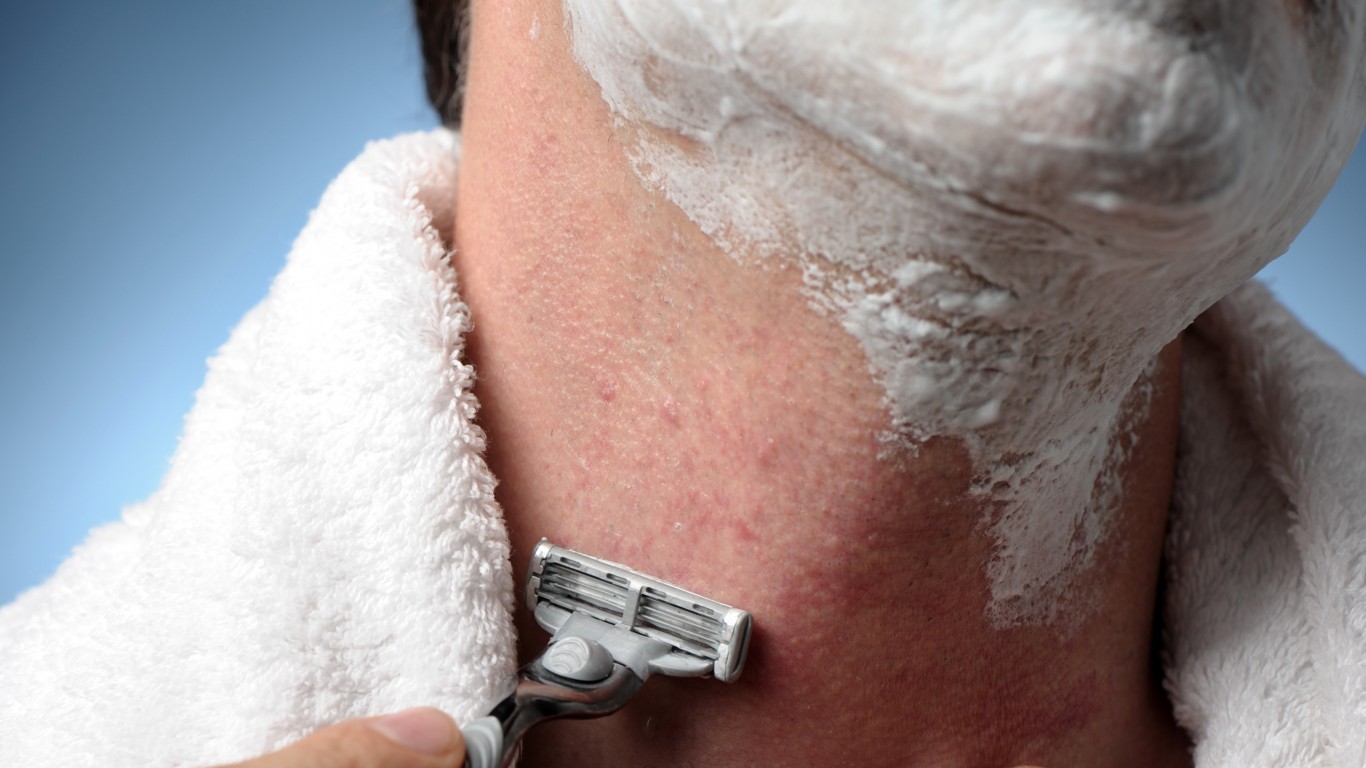Companies and Brands
Did Harry's Need Schick to Prosper?

Published:
Last Updated:

Schick razor owner Edgewell Personal Care Co. (NYSE: EPC) dumped a deal to buy niche razor company Harry’s due to pressure from the Federal Trade Commission, which viewed the deal as anti-competitive and contrary to federal antitrust regulators’ analysis. Harry’s has sued over the action.
In the meantime, the larger question is whether Harry’s needs Edgewell, its distribution network and its marketing muscle to thrive, or will Harry’s prospects be badly damaged now the deal has gone away. CEO Jeff Raider will need to search for a new strategy.
The deal was worth $1.4 billion to Harry’s shareholders, an amount that likely cannot be matched unless the company has an initial public offering. In the current environment, that may be a huge hurdle, particularly if Harry’s is not making large sums of money.
Harry’s would seem to be well funded for the time being. It raised $112 million in early 2018. That brought the total sum it had raised to $474 million, which left it with a valuation of about $1 billion, most likely. The Edgewell deal would have represented a premium.
Harry’s now finds itself up against Schick as a competitor, not an ally. Worse, Harry’s is left to battle market leader Gillette. Gillette reportedly holds about half the U.S. market. As a division of Procter & Gamble Co, (NYSE: PG), it has two advantages.
One is P&G’s large distribution channels for consumer products. The other is a balance sheet that allows it to drop prices to pick up market share. Gillette will do everything it can to block Harry’s efforts to gain more share.
Of these challenges, the most vexing one is that Edgewell plans to up the ante in the shaver business. Edgewell made it clear it plans to attack the “wet shave” market aggressively. It said it had advantages in technology, operating efficiency and a strong balance sheet. It may not be true, however, that compared to Gillette, Edgewell’s large distribution challenge is competitive.
Harry’s has to contend with whether Edgewell can execute its plans, particularly without the Harry’s product line as part of its strategy. Edgewell also has to continue its competition with rival Dollar Shaving Club. Schick’s blade technology is not considered state of the art.
After the Edgewell deal, Harry’s may have operated differently because it once again will need to attack the market on its own. It needs to reverse whatever plans it had to be part of a larger company and, perhaps, seek more cash to brace for the challenge.
Thank you for reading! Have some feedback for us?
Contact the 24/7 Wall St. editorial team.